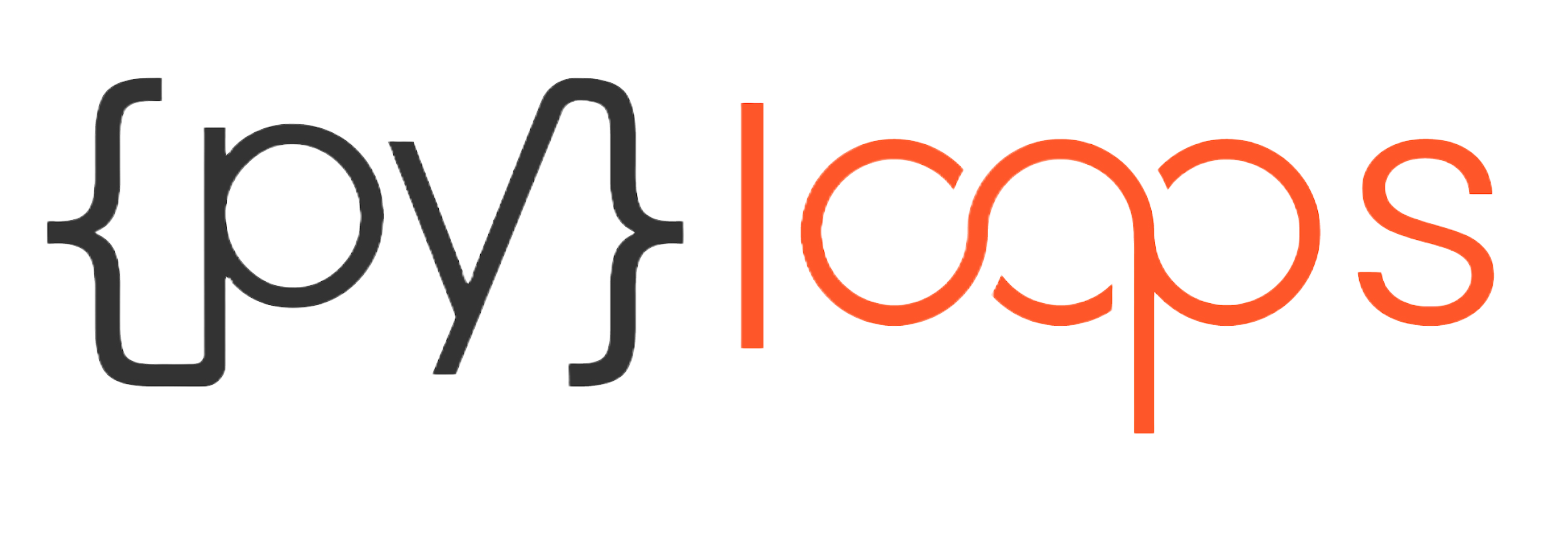
blogs
Navigating the Legal Landscape: US Laws in US IT Staffing
April 29, 2024IT Recruitment, TechIndustry, HiringStrategies, TalentShortage, Upskilling, DigitalTransformation, ProfessionalDevelopment
Recruitment Practices:
- Equal Employment Opportunity (EEO) Laws: The cornerstone of recruitment practices, EEO laws prohibit discrimination based on race, color, religion, sex, national origin, age, disability, or genetic information. IT staffing agencies must ensure fair and unbiased hiring processes, promoting diversity and inclusivity.
- Anti-Discrimination Laws: Apart from EEO laws, several federal and state laws prohibit discrimination in employment based on various factors such as sexual orientation, gender identity, pregnancy, and veteran status. Adhering to these laws is essential for IT staffing agencies to avoid legal repercussions.
Employment Contracts and Agreements:
- At-Will Employment: Most US states follow the doctrine of at-will employment, which allows employers to terminate employees for any reason, as long as it is not illegal. However, certain exceptions exist, such as discrimination or retaliation, which are protected under federal and state laws.
- Non-Disclosure Agreements (NDAs): In the IT industry, where proprietary information is often involved, NDAs are common to protect sensitive data. These agreements prevent employees from disclosing confidential information to third parties, ensuring the security of intellectual property.
Wage and Hour Laws:
- Fair Labor Standards Act (FLSA): The FLSA establishes minimum wage, overtime pay eligibility, recordkeeping, and child labor standards for employees in the private and public sectors. IT staffing agencies must ensure compliance with FLSA regulations to avoid penalties for wage violations.
- Independent Contractor Classification: Misclassification of employees as independent contractors can lead to legal issues. IT staffing agencies must correctly classify workers based on factors such as degree of control, independence, and integration into the business to avoid potential liabilities.
Data Privacy and Security:
- Health Insurance Portability and Accountability Act (HIPAA): For IT staffing agencies involved in healthcare IT, compliance with HIPAA regulations is paramount. HIPAA safeguards protected health information (PHI) and imposes strict guidelines for its handling and disclosure.
- General Data Protection Regulation (GDPR): Although a European regulation, GDPR applies to US companies that process personal data of EU residents. IT staffing agencies must ensure GDPR compliance when dealing with EU clients or candidates to avoid hefty fines.
Workplace Safety:
- Occupational Safety and Health Act (OSHA): OSHA mandates safe and healthful working conditions for employees. IT staffing agencies must provide a safe work environment, including ergonomic workstations, proper training, and compliance with safety regulations to prevent workplace injuries.
- Remote Work Policies: With the rise of remote work, IT staffing agencies must address safety concerns for remote employees. Establishing clear remote work policies, providing necessary equipment, and conducting regular check-ins are essential to ensure employee well-being.
Immigration Laws:
- H-1B Visa Program: IT staffing agencies often rely on the H-1B visa program to hire skilled foreign workers in specialty occupations. Compliance with H-1B regulations, including prevailing wage requirements and nondiscrimination policies, is essential to avoid violations and maintain eligibility for future visa petitions.
- Employment Authorization Verification (Form I-9): IT staffing agencies must ensure proper completion and retention of Form I-9 for all employees, including verification of identity and eligibility to work in the United States. Noncompliance with Form I-9 requirements can result in significant fines and penalties.
Intellectual Property Rights:
- Intellectual Property (IP) Ownership: Clarifying IP ownership rights in employment contracts is crucial, especially in the IT sector where employees may develop software, algorithms, or other proprietary technology. IT staffing agencies must establish clear policies regarding ownership of intellectual property created during the course of employment to avoid disputes and protect client interests.
- Non-Compete Agreements: Some states enforce restrictions on non-compete agreements to prevent employees from working for competitors or starting similar businesses after leaving their current employment. IT staffing agencies must ensure that non-compete agreements are reasonable in scope, duration, and geographical restrictions to be enforceable under state law.
Employee Benefits and Leave Policies:
- Family and Medical Leave Act (FMLA): Covered employers must provide eligible employees with job-protected leave for qualifying family and medical reasons under FMLA. IT staffing agencies must comply with FMLA regulations, including providing eligible employees with up to 12 weeks of unpaid leave and maintaining health benefits during the leave period.
- Paid Sick Leave Laws: Many states and localities have implemented paid sick leave laws requiring employers to provide employees with paid time off for illness, medical appointments, or caring for family members. IT staffing agencies operating in jurisdictions with paid sick leave laws must ensure compliance with applicable requirements.
Discrimination and Harassment Policies:
- Workplace Harassment Prevention: Implementing comprehensive policies and training programs to prevent workplace harassment based on protected characteristics is essential for IT staffing agencies. Promptly addressing and investigating harassment complaints and taking appropriate corrective action are critical to maintaining a respectful and inclusive work environment.
- Reasonable Accommodation for Disabilities: Under the Americans with Disabilities Act (ADA), employers are required to provide reasonable accommodations to qualified individuals with disabilities, unless doing so would impose an undue hardship. IT staffing agencies must engage in the interactive process with employees requesting accommodations and make good faith efforts to accommodate their needs.
Conclusion:
Navigating the legal landscape of US IT staffing requires a thorough understanding of federal and state laws governing recruitment, employment, data privacy, and workplace safety. Compliance with these laws not only mitigates legal risks but also fosters a positive work environment conducive to employee productivity and satisfaction. As technology continues to advance and regulatory frameworks evolve, staying informed and adaptable is key for IT staffing agencies to thrive while upholding legal standards.